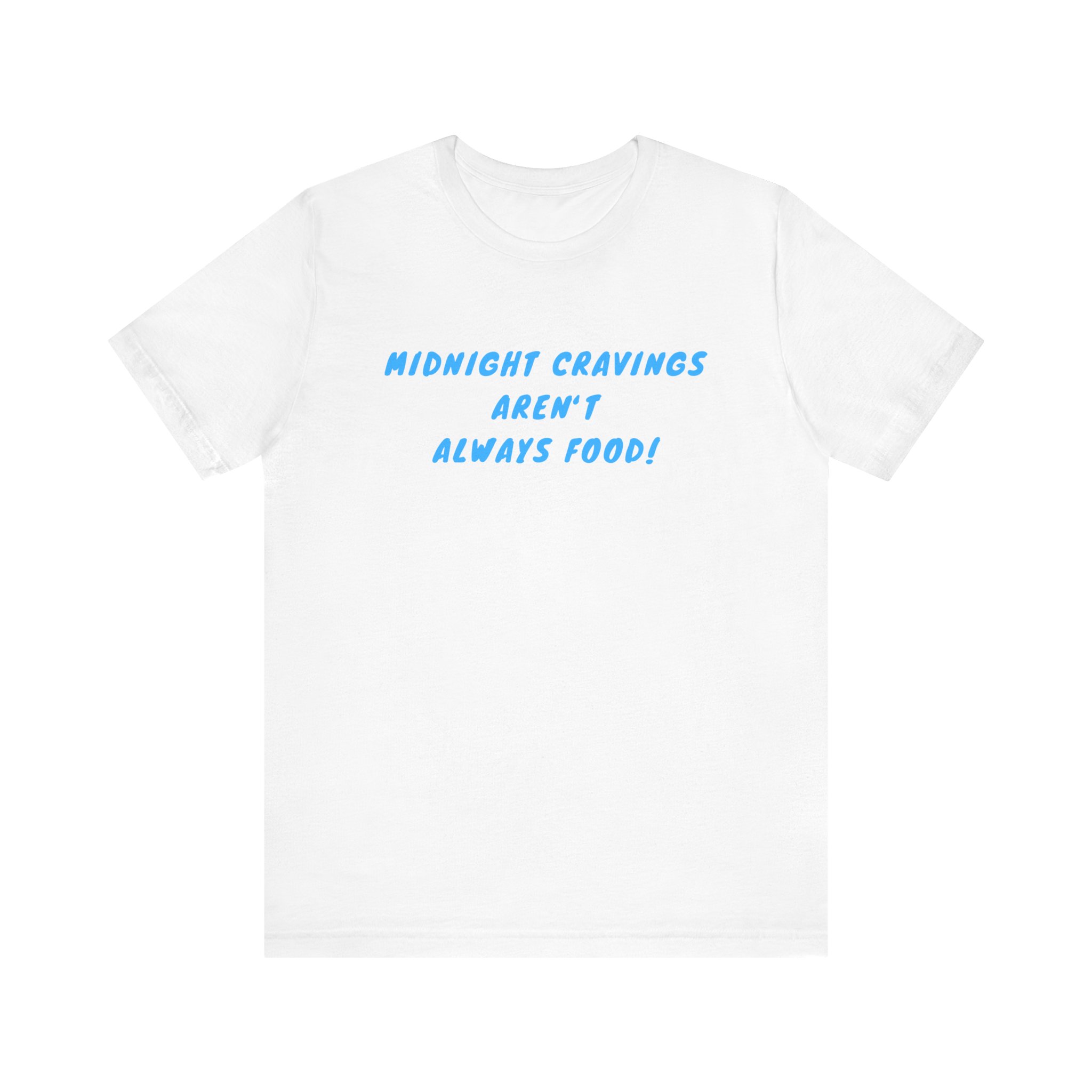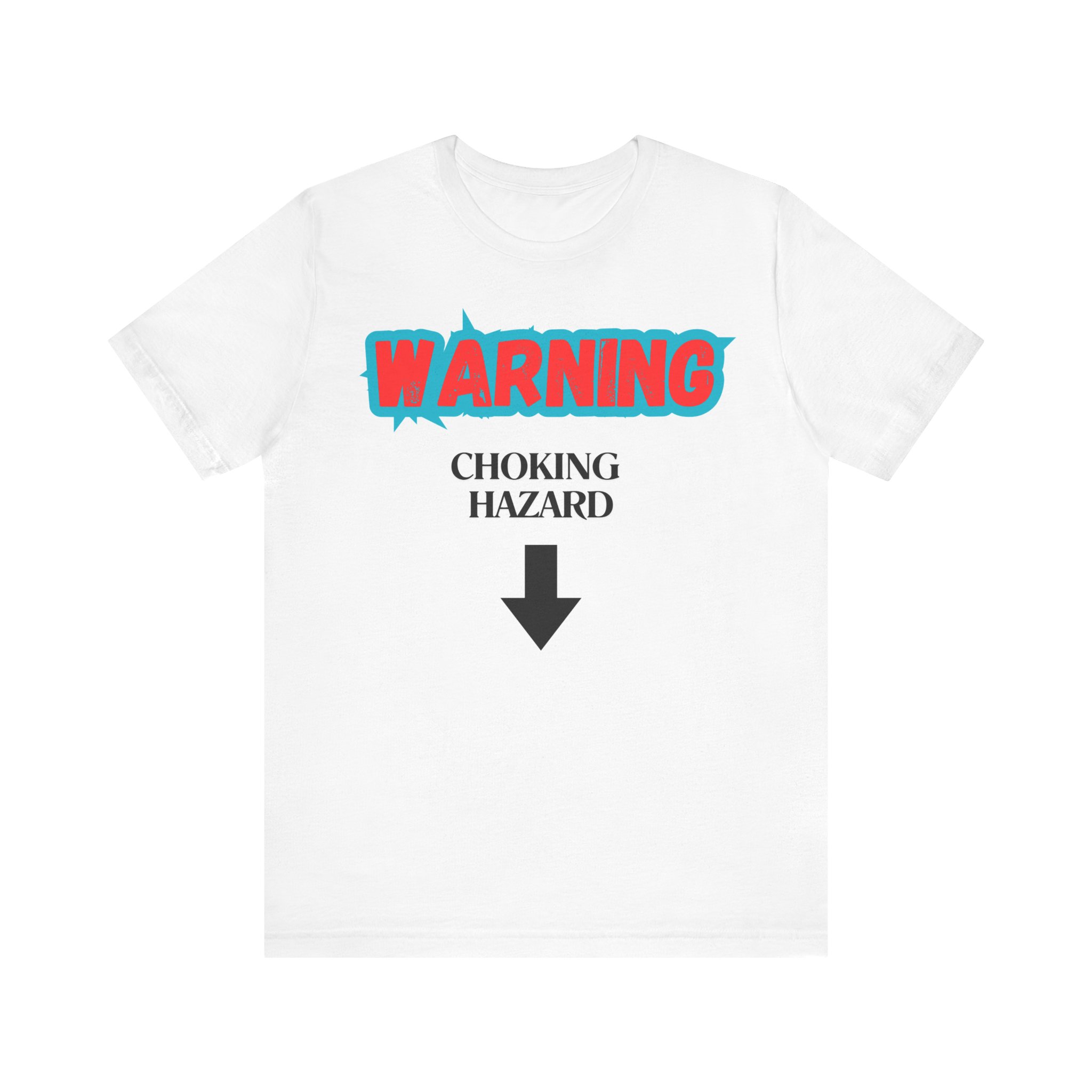The zombie apocalypse didn't quite happen the way Hollywood had always imagined it, even in the more recent incarnations that tended to be more sci-fi than supernatural. To be sure, there was a viral epidemic that caused the gradual loss of higher cognitive functions and an abnormal appetite for meat. In the later stages, that hunger would even specialize into a clear preference for human flesh, especially neural tissue. The specificity with which this horrid reality imitated popular mythology was truly astounding. Many of those who were not eaten themselves became infected and eventually had to be sacrificed when they became too much of an immediate threat to those around them.
Perhaps the only way in which it wasn't a thriller come to life was the non-dystopian aftermath. The infrastructure of even the most developed nations was certainly damaged, and technological advancement essentially stagnated for an entire generation, but the total fall of civilization that many dreaded never came. Fifteen years after the pestilence emerged as a dire global threat, the vital services that had persisted only precariously began to recover, and a slow but undeniable retreat from the brink of collapse became evident.
However, society was forever changed by the event. A key factor in the recovery was the quite accidental discovery that human breastmilk could halt the disease if consumed early enough after infection. It would take some time for scientists to isolate the critical ingredient, but meanwhile, few could afford to wait, and by the time a more focused treatment had been synthesized, it had already become common for women to offer their own milk to friends and family members. Many who didn't happen to be lactating anyway quickly induced it in themselves to save or protect their loved ones. Those who were nursing young children at the time of the crucial discovery often never stopped, even as their offspring matured beyond infancy, with many of the females among them helping to feed younger siblings when they were old enough to lactate themselves.
This newly widespread habit of extended or non-maternal breastfeeding would ultimately outlive its necessity. Once an urgent medical treatment, it soon developed into a popular and convenient snack option that came with a side of intimacy (platonic or otherwise). Virtually everyone who experienced it had become pleasantly accustomed to the sensations of closeness and bonding that accompanied it. Especially for the younger generation, it was just normal, with traditional taboos having been eroded away. Public breastfeeding was simply no longer contentious, and by the time society had restored some reasonable semblance of its pre-plague state, public mammary exposure in general had shed its stigma, since it now seemed so pointless.
Although the broader role of breastfeeding was not seen as necessarily erotic, general attitudes towards sexuality had also become less squeamish overall. During the epidemic, when few could be assured of how much longer they had to live, people were less willing to waste their time on the finer points of decorum. As a result, at least among family and friends of appropriate age, it became rather unremarkable for people to engage in sexual activity within incidental eyeshot of non-participants. No one actively sought an audience, but nor did having one give them any real pause anymore. This was another social effect of life on the brink that managed to persist even after it was clear that the danger had passed.
One of the first things to happen at the outset of the outbreak was a dramatic rise in the popularity of home-schooling, since at least initially, people were generally safer staying home than they were congregating in large groups. Even after the peril subsided, many youth who had already begun kindergarten at home also completed high school at home, because it often seemed better overall than making the drastic shift to external schooling in the middle of their pre-collegiate educations.
In at least a few cases, this situation provided an opportunity for ambitious young scholars in an economy that still had not quite recovered enough to offer them as much financial aid as it once did. Such was the case of Elena and Nikki, two enterprising Filipina sisters living in the home of a 27-year-old Latina professor of physics named Rosa, who had managed to preserve most of her hard-earned wealth through the viral epidemic. She was thoroughly impressed by Elena at her university admission interview and thought it would be a crime to let financial difficulties impede her from realizing her potential.
Rosa also empathized with the girls' recent orphanhood. Her own parents were among the last direct casualties of the zombie virus, leaving her as guardian to her much younger sister Marisol. Elena and Nikki's parents were among its last indirect casualties, because of an unrelated infection that struck before medical infrastructure had quite recovered enough to treat it in time.











